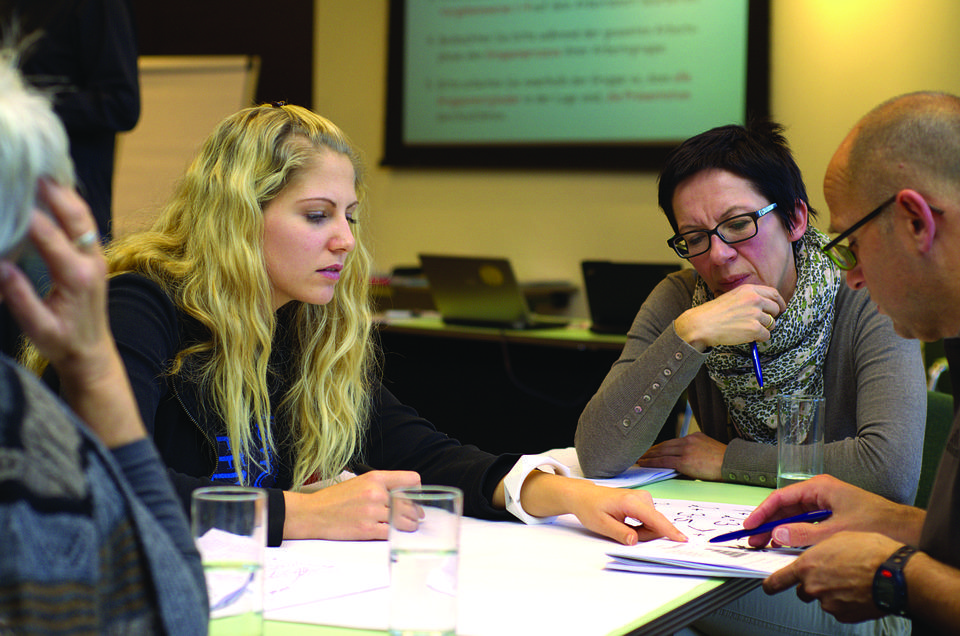University of Phoenix has released a new whitepaper that identifies the career statuses of American workers, their skill development needs and employee requirements in a post-pandemic world. The whitepaper, titled “Reskilling and Upskilling: Ways to Prepare and Rehire American Workers in the Post Pandemic Era,” draws upon the latest data from the University’s Career Institute® Career Optimism Index® study for 2022.
The whitepaper’s author, Mansureh Kebritchi, Ph.D., founder and chair of the Center for Educational and Instructional Technology Research (CEITR) within the University’s College of Doctoral Studies, hopes that the issues discussed in her work go toward enhancing the understanding of workers’ current needs and increasing the skill development support offered by organizations and higher education institutions.
Closing the Skills Gap
The global COVID-19 pandemic created a challenging situation for the U.S. workforce, and the skills gap sparked by digitization and automation before the pandemic has only continued to expand. While some workers may be optimistic about the future of their careers, others may be less certain about their skill development, unsure of where and how to find skill enhancement opportunities and struggling with the lack of a clear career path.
All this underscores the ever-increasing demand for enhancing workers’ skills through upskilling and reskilling. The new whitepaper from University of Phoenix’s College of Doctoral Studies outlines best practices for how to promote necessary skill development, helping close the skills gap in the U.S. and improving the labor market in a post-pandemic age.
Best Practices for Upskilling and Reskilling
In the report, Kebritchi recommends implementing best practices to the three major demographics who are responsible for closing the skill gap and have a stake in a healthy, thriving U.S. workforce: American workers, the organizations and individuals who employ them and the higher education institutions who educate them. The roles of each party differ but are of equal importance.
1. American Workers
The whitepaper suggests that workers access public resources to build career skills, earn credentials and seek jobs. They can do this through Open Educational Resources (OERs), which are free and open-source materials, and through Massive Online Open Courses (MOOCs), which are free courses with the goal of democratizing higher education. Next-generation digital tools can help workers expand their skills and share them with employers such as the skills-aligned digital badging and credentialing that University of Phoenix offers in partnership with Credly.
2. Employers
Kebritchi recommends that organizations adopt effective approaches in their business processes to successfully reskill and upskill employees. These approaches include:
- Employing modular training
- Measuring impact on employee performance and return to investment
- Tailoring training to the unique needs of each skills gap circumstance
- Offering on-the-job reskilling, including boot camps and coding schools
- Offering apprenticeships and work-based learning
- Partnering with higher education institutions to establish new certificates and degrees
3. Higher Education Institutions
According to the whitepaper, there are several effective practices that higher education institutions can undertake to make themselves more accessible and relevant for supporting career skill development. These include:
- Keeping college affordable and more accessible
- Investing in high-quality online education
- Providing students with holistic support
- Partnering with industries and aligning curricula with relevant industry needs
- Applying next-generation assessments such as stackable or micro-credentials
- Providing skills-based training based on the needs of employers
- Offering programs to alumni, encouraging them to return and take courses to refresh their learning potentially years after graduating
Career-Relevant Higher Education
In her role as chair of CEITR, Kebritchi supervises the educational research of over 300 faculty members, students and alumni. She has been a faculty member with University of Phoenix since 2010, and her work centers on innovative approaches to teaching and learning in K-12, higher education and corporate settings.
The data underlying Kebritchi’s whitepaper comes from the University’s Career Institute®, which annually conducts the Career Optimism Index® study, one of the most comprehensive studies of Americans’ personal career perceptions. The research, which takes feedback from a diverse, nationally representative sample of U.S. adults into account, provides insights into the latest workforce trends, identifying potential solutions to enhance careers in the U.S. and champion workplace equity. The 2022 study surveyed over 5,000 adults and 500 employers to provide a comparison between the opinions of the workforce and those who hire and train them.
The University uses this research to continually evolve its degree programs and ensure students are investing in a career-relevant education with learning applicable to real-world workplaces. Industry needs and trends inform the University’s program development, resulting in over 100 programs that include industry-relevant skills and align with more than 300 occupations.
Every degree program that University of Phoenix offers benefits from career services support through the University’s Career Services for Life® commitment. Eighty-three percent of surveyed students believe their education provides them with skills and knowledge immediately applicable to their careers.
About University of Phoenix
University of Phoenix is dedicated to advancing the educational goals of nontraditional and adult learners and to helping students navigate the career options and degree programs that best suit their interests. The University’s degree programs correspond with hundreds of in-demand career paths including paths in cybersecurity, nursing and business. Flexible start dates, online classes and numerous scholarship opportunities make it possible for anyone to earn the degree they need.
Meanwhile, University of Phoenix’s Career Services for Life® commitment to active students and graduates provides the resources needed to be prepared when entering the workforce for no additional charge. This full suite of career services and support includes resume building and interview preparation, career coaching, personal brand development and networking and mentorship opportunities. For more information, visit www.phoenix.edu.

